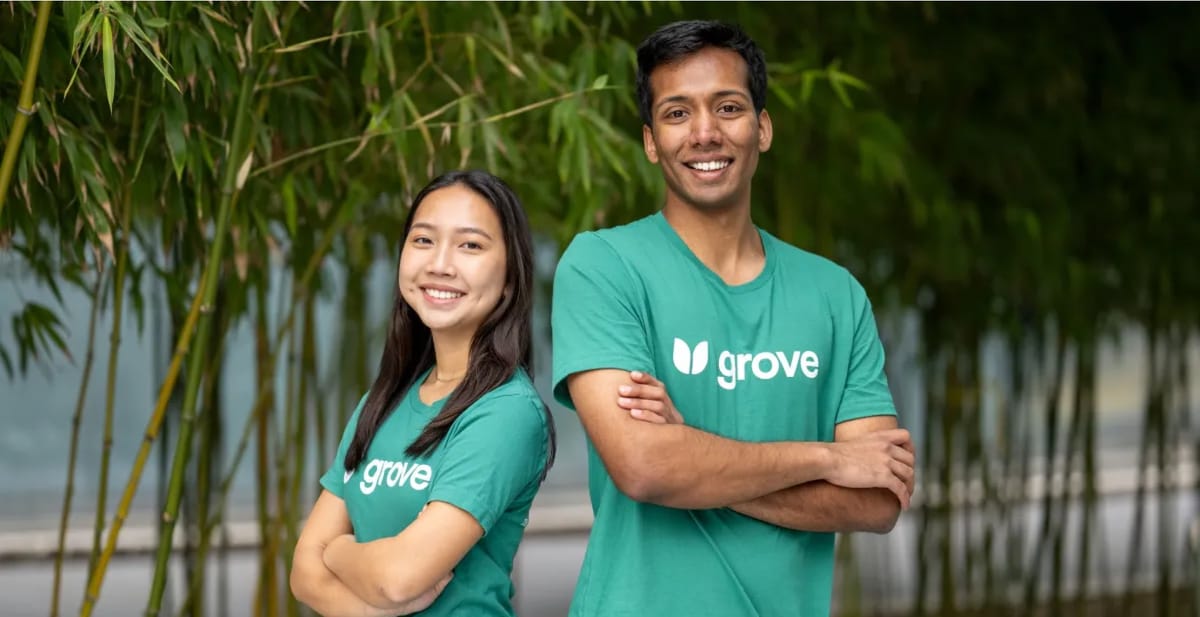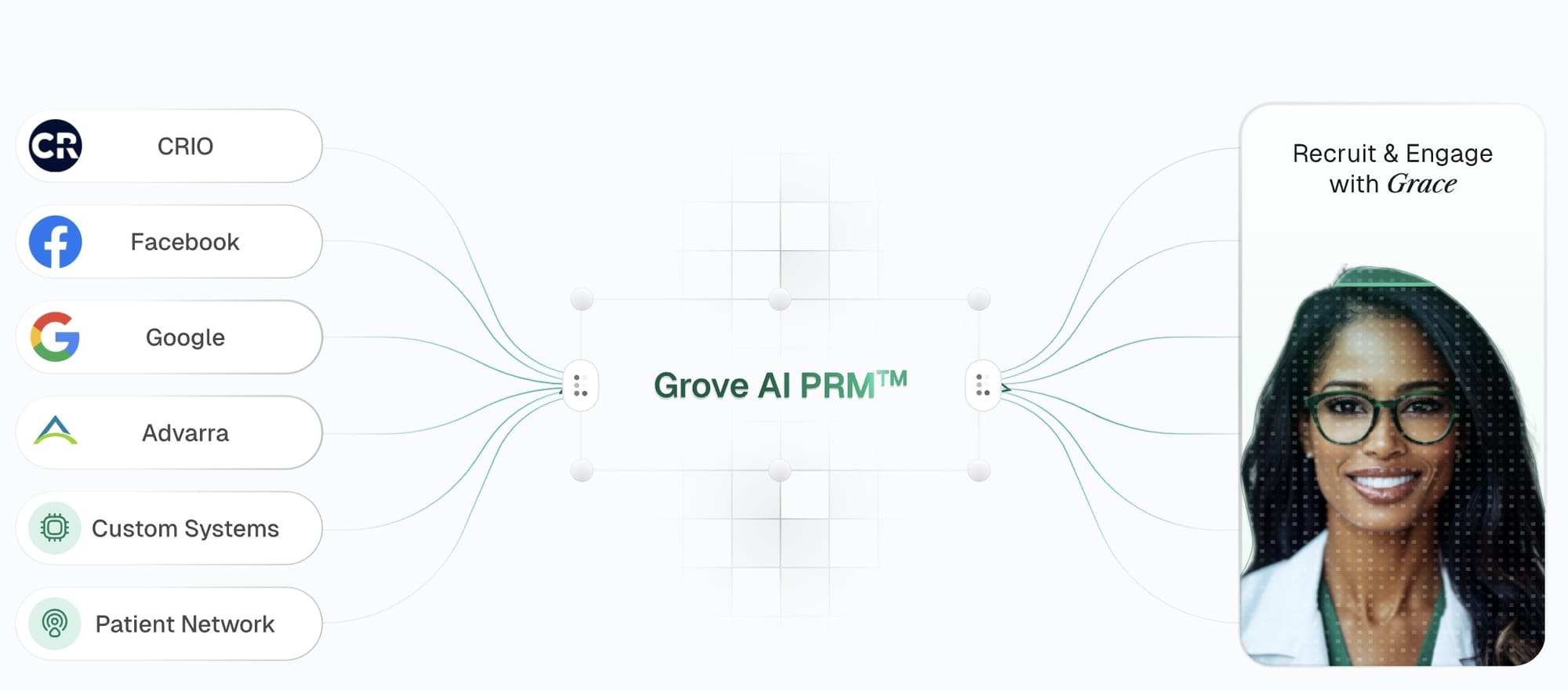
Grove AI has secured $4.9 million in seed funding led by A*, with contributions from Afore Capital, LifeX Ventures, and Pear VC. The company plans to use the funds to expand partnerships and enhance its AI-powered platform for managing participant relationships in clinical trials.
Key Points:
- Grove AI's AI agent, Grace, facilitates participant engagement, prescreening, and scheduling.
- Grace has interacted with over 70,000 patients and scheduled 7,800 in-person appointments.
- The funding round was led by A*, with participation from prominent angel investors.
- Grove aims to address inefficiencies in clinical trial enrollment and participant management.
Founded by Tran Le and Sohit Gatiganti, Grove AI tackles longstanding challenges in clinical trials, including slow enrollment processes, heavy administrative burdens, and limited participant diversity. Le, inspired by her own struggles enrolling in a trial during her time at Stanford, identified an opportunity to leverage AI for faster and more effective participant engagement.

Grace, Grove's AI-powered clinical research agent, manages tasks such as pre-screening participants, scheduling appointments, and providing round-the-clock multilingual support. In just eight months, the platform has facilitated over 250,000 participant interactions and saved clinical research sites more than 22,600 hours of manual work.
Investors see significant potential in Grove AI's approach, not only for streamlining enrollment but also for collecting and organizing patient data into actionable insights. Gautam Gupta, General Partner at A*, highlighted the scalability and demand for Grove's platform, even in traditionally slow-to-adopt sectors like clinical research.
With fresh funding, Grove plans to expand partnerships with pharmaceutical sponsors, contract research organizations (CROs), and site management organizations (SMOs). "In just two months of partnering with Grove, we prescreened and booked hundreds of participants, freeing staff from repetitive tasks and boosting efficiency," said Sean Stanton, co-founder of K2 Medical Research.

